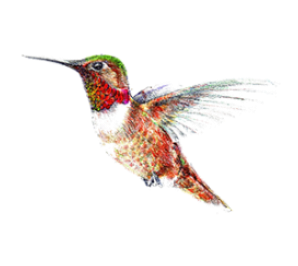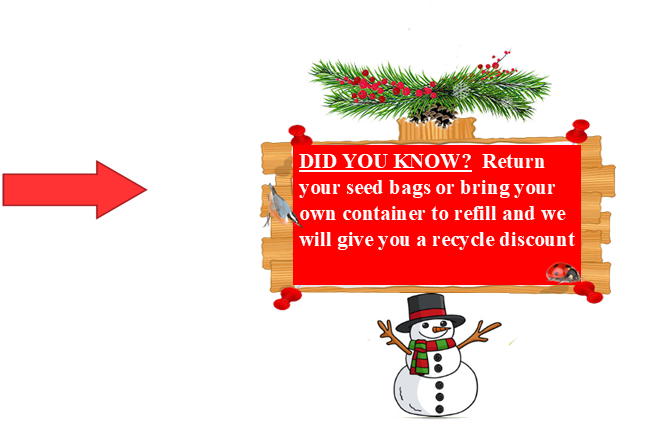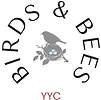LINK TO PDF NEWSLETTER DOWNLOAD

· Affectionately called “hummers”, these tiny birds have over 900 feathers. That may sound like a lot, but this is actually the fewest amount feathers of any other bird species in the world. They don’t need heavy feathers weighing them down—this helps them not only to fly easier, but faster
· Their tongues have tiny hairs on them. It is a total myth that hummers sip nectar through a straw-like tongue. They actually flick their tongue 18 times per second, collecting the nectar and pulling it into their mouths. The hair-like extensions help make the process easier
· A group of hummers is called a “charm.” They may also be referred to as a bouquet, shimmer or glittering
· Their brains are pretty heavy compared to the rest of their body. It represents approximately 4.2% of its total body weight. This is the most in the entire wild bird group
· They have amazing memories. These small birds can remember every flower and feeder they’ve visited, as well as how long it takes for a certain flower to refill
· Hummers are diurnal; meaning most are awake during the day and sleep at night. That being said, these special birds can migrate regardless of the time of day
· Hummers can really sleep. Hummingbirds have an evolutionary adaptation that benefits them during cold nights. Torpor is a deep sleep similar to hibernation in which the metabolic rate drops as much as 95%. This lowers the body temperature so much that a torpid hummingbird maintains a hypothermic threshold that nears death. It takes them 20 minutes to an hour to wake up from this state

Brightly coloured flowers that are tubular tend to produce the most nectar, and are particularly attractive to hummingbirds. These include perennials such as bee balms, columbines, daylilies and lupines; biennials such as foxgloves and hollyhocks; and many annuals including cleomes, impatiens and petunias. The Mimosa tree is a hummingbird’s favourite tree—commonly planted near back patios and are great where you need a small to medium sized ornamental.
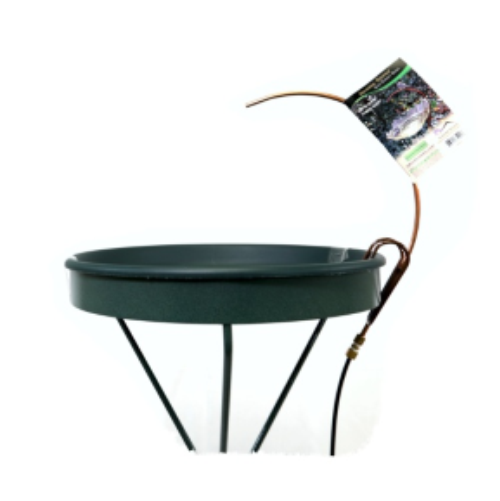
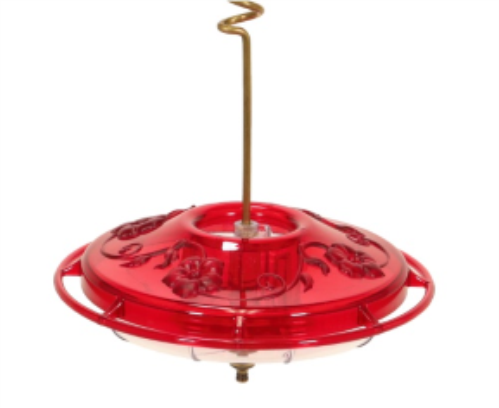
Use saucer shaped hummingbird feeders (these prevent leakage which attracts hornets and wasps which can be lethal to hummingbirds. Feeders can be placed close to your flowers, on a patio or deck near your container plants or on a window where viewing will be optimal.

